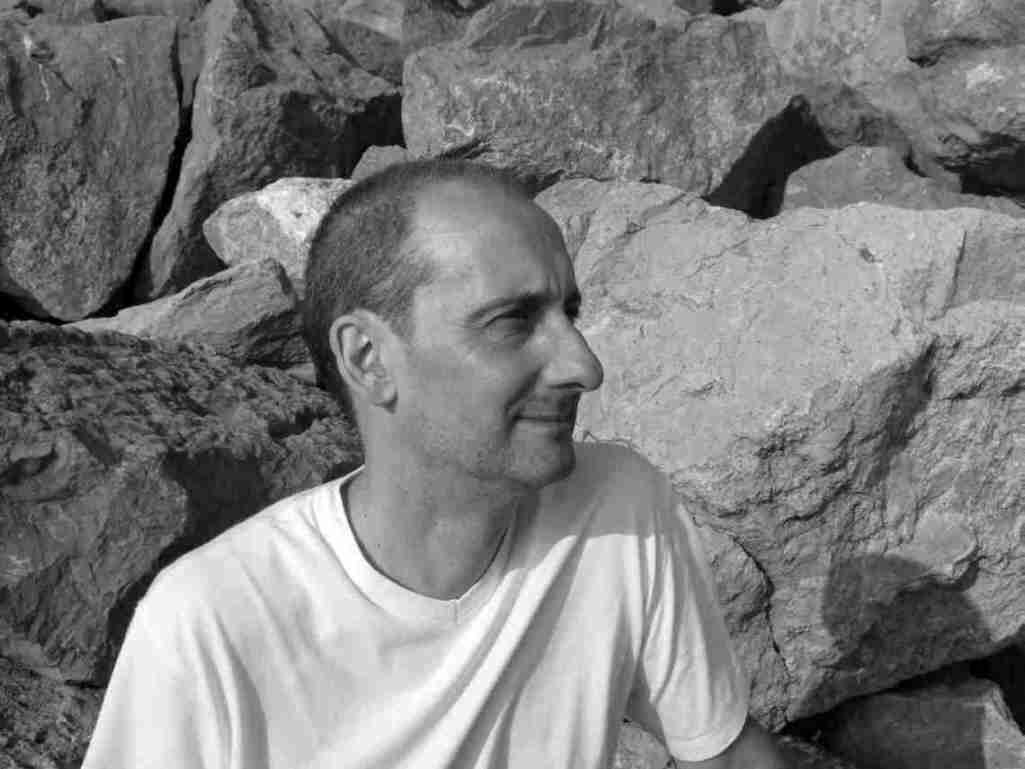
Lowry uses the phrase "stout Cortez" in his film script for Scott Fitzgerald's Tender Is The Night.
Lowry's reference to "stout Cortez" comes from "On First Looking into Chapman's Homer" a sonnet by English Romantic poet John Keats (1795-1821) written in October 1816. It tells of the author's astonishment at reading the works of the ancient Greek poet Homer as freely translated by the Elizabethan playwright George Chapman.
The poem has become an often-quoted classic, cited to demonstrate the emotional power of a great work of art, and the ability of great art to create an epiphany in its beholder. Wikipedia
Much have I travell'd in the realms of gold,
And many goodly states and kingdoms seen;
Round many western islands have I been
Which bards in fealty to Apollo hold.
Oft of one wide expanse had I been told
That deep-brow'd Homer ruled as his demesne;
Yet never did I breathe its pure serene
Till I heard Chapman speak out loud and bold.
Then felt I like some watcher of the skies
When a new planet swims into his ken;
Or like stout Cortez, when with eagle eyes
He star'd at the Pacific - and all his men
Look'd at each other with a wild surmise -
Silent, upon a peak in Darien.

Lowry has brought the reference into the dialogue to link to a discussion by the characters of Homer's Mediterranean as they look out on the beauty of the sea at Antibes the location of the beginning of Tender Is The Night. Antibes's beauty was appreciated, mainly because of the light, by artists such as Monet whose Sea At Antibes is shown above. This reference to Homer's Odyssey comes after discussion of a Guy de Maupassant short story called Madame Parisse in an earlier scene of the film script. I will return to de Maupassant's story in a future post.
In the film script, Lowry was returning to Cortez's exploration and conquest of Mexico which pervades Lowry's novel Under The Volcano (See Chris Ackerley's Annotations to Under The Volcano.

Lowry must have also known that George Chapman was born in Hitchin where Lowry went to school at Caldicott which adds to the many "correspondences" in Lowry's work and life. Lowry was also interested in Elizabethan drama which provides another link.
One irony with the poem's reference to Cortez is that he was not the first European to view the Pacific. Vasco Núñez de Balboa (1474 – January 15, 1519) was a Spanish explorer, governor, and conquistador. He is best known for having crossed the Isthmus of Panama to the Pacific Ocean in 1513, becoming the first European to lead an expedition to have seen or reached the Pacific from the New World.








No comments:
Post a Comment